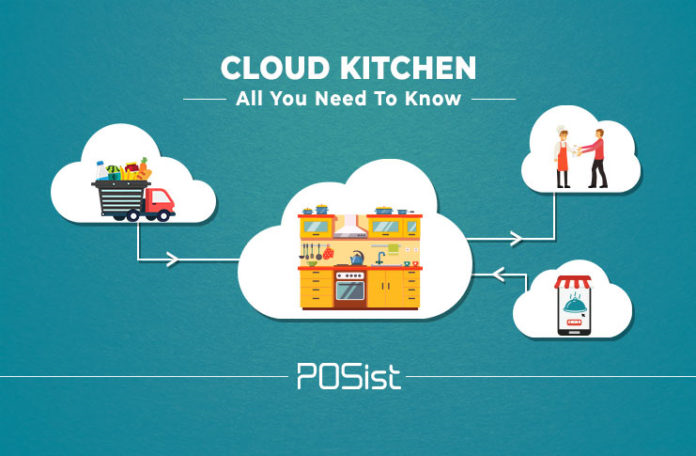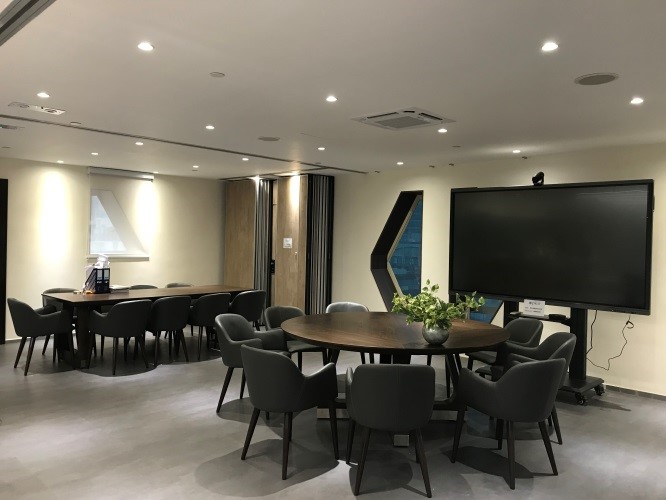Sharing: A low-risk, low-investment model for business
Millennials fuelled the rise of the ‘sharing economy’, and with that generation set to comprise no less than 75% of the global workforce by year 2025, it seems a safe bet that businesses based on the sharing model will only continue to proliferate.
Even now, the sharing economy is influential enough that marketers are taking an active interest in the unique business opportunities it creates. Obviously the time is ripe to understand how it works now, and where it may be going.
The millennial-sharing connection
Millennials are the first generation to have grown up with the internet, with values evolved from a life online – a life ‘open for sharing’. Not surprisingly, as they’ve matured and entered the real world, they’ve brought many characteristics of their virtual world with them. True ‘ownership’ of anything is, to many millennials, a burden rather than a source of pride.
Hence the rise of an economic model based on the idea of short-term possession of assets – ‘what you want, for only as long as you want it’. Millennial preferences also ensured that a large proportion of businesses under the sharing model would be wholly or partially online, whether engaged in B2C or B2B type transactions.
Making a business out of sharing
Not surprisingly, when companies formed to serve the sharing economy succeed, they’re highly disruptive to traditional business. We need only to look at Uber’s effect on the taxi business, and Airbnb’s on the hotel industry.
Sharing-based business has certainly not stopped there. Entrepreneurs in America have also created Rent the Runway – in effect a ‘clothes Uber’. For customers, there’s no need to spend heavily on stylish items such as evening dresses; the dress can simply be affordably ‘hired’ as needed.
Currently the company carries items from more than 400 brands, has over nine million subscribers, and a reported valuation of US$1 billion. According to Maureen Sullivan, Rent the Runway’s chief operating officer, the service’s average customer is a well-educated 29-year-old professional – right in millennial demographic territory.
In another sector – food delivery – the sharing model is taking off in the form of ‘cloud kitchens’. These enable the delivery businesses to avoid the traditionally high cost of entry demanded by renting space, buying kitchen equipment and paying staff.

With cloud kitchens, food delivery businesses access those essential resources on a shared basis, right down to the chef. One of them, Los Angeles-based Kitchen United, can cope with menus from several operations at once, and even provide technical support to integrate their ordering system with both the kitchen and delivery service suppliers. In some cases, the model allows menu overlap and cross-marketing, with for example desserts from one operation appearing on the menu of another, dessert-less company.
Transforming a shared space to an ecosystem
Rent the Runway and cloud kitchens – and to an extent, Uber and Airbnb – highlight another aspect of the sharing economy: the millennial affinity for luxuries and conveniences they couldn’t necessarily afford to own. This is also reflected in the runaway success of shared workspaces as offered by companies such as WeWork, Garage Society and METTA.
With their prime locations, well-appointed offices and common amenities like pantries and conference rooms, shared workspaces enable businesses to start up in a low-risk, minimal investment way. The concept has proved such a hit that it is still proliferating around the globe. By the end of 2018, WeWork alone was reported to be operating in 100 cities and 425 locations, with plans to expand to 12 more cities in the near future.
But there are signs that the concept may have led to market saturation in some cities; in Hong Kong, for example, there were over 280 shared spaces in 2018. This has led to innovative variations on the basic shared workspace model, such as P3 Space.
P3 Space differentiates itself by being a start-up incubator as well as a shared workspace. Specifically, it is designed around a theme of ‘culture, creative and technology’ with the aim of nurturing innovation in the meetings, incentives, conferences and exhibitions (MICE) industry. It offers users added value in the form of back office support, consulting services, and brand promotion assistance from Pico. The space’s entrepreneurs can even explore business opportunities with Pico’s clients and businesses, and network with a global selection of potential investors.
The specialised nature of P3 Space and its added value proposition may be pointing the way to a new model for the shared workspace. The first P3 Space was launched in 2016 in Shanghai, with the second – P3 Space Hong Kong – opening in March 2019 in Wanchai, part of the city’s Central Business District.


The events industry begins to feel the impact
In the events industry, the potential advantages of the sharing model are beginning to be realised in the form of communication sharing platforms. These create a common pool of resources for event organisers, allowing production costs for staging, sound and lighting would be shared and significantly reduced, as elements from previous projects could be re-used rather than discarded. Such sharing platforms could even lead to more sustainable projects by reducing material waste, transportation carbon emissions, as well as speeding up the entire production process.
With estimates showing that the top five key sharing economy sectors alone will be worth approximately US$335 billion globally in 2025 (compared to approximately US$15 billion in 2014), the growth potential is exponential. For the marketing and event industry, now is the time to devise services and abilities tailored to the new paradigm.
P3 Space Hong Kong inquiry: hkspace@p3-innovation.com / +852 2898 0005 (9am to 5pm(GMT+8), Monday to Friday)


